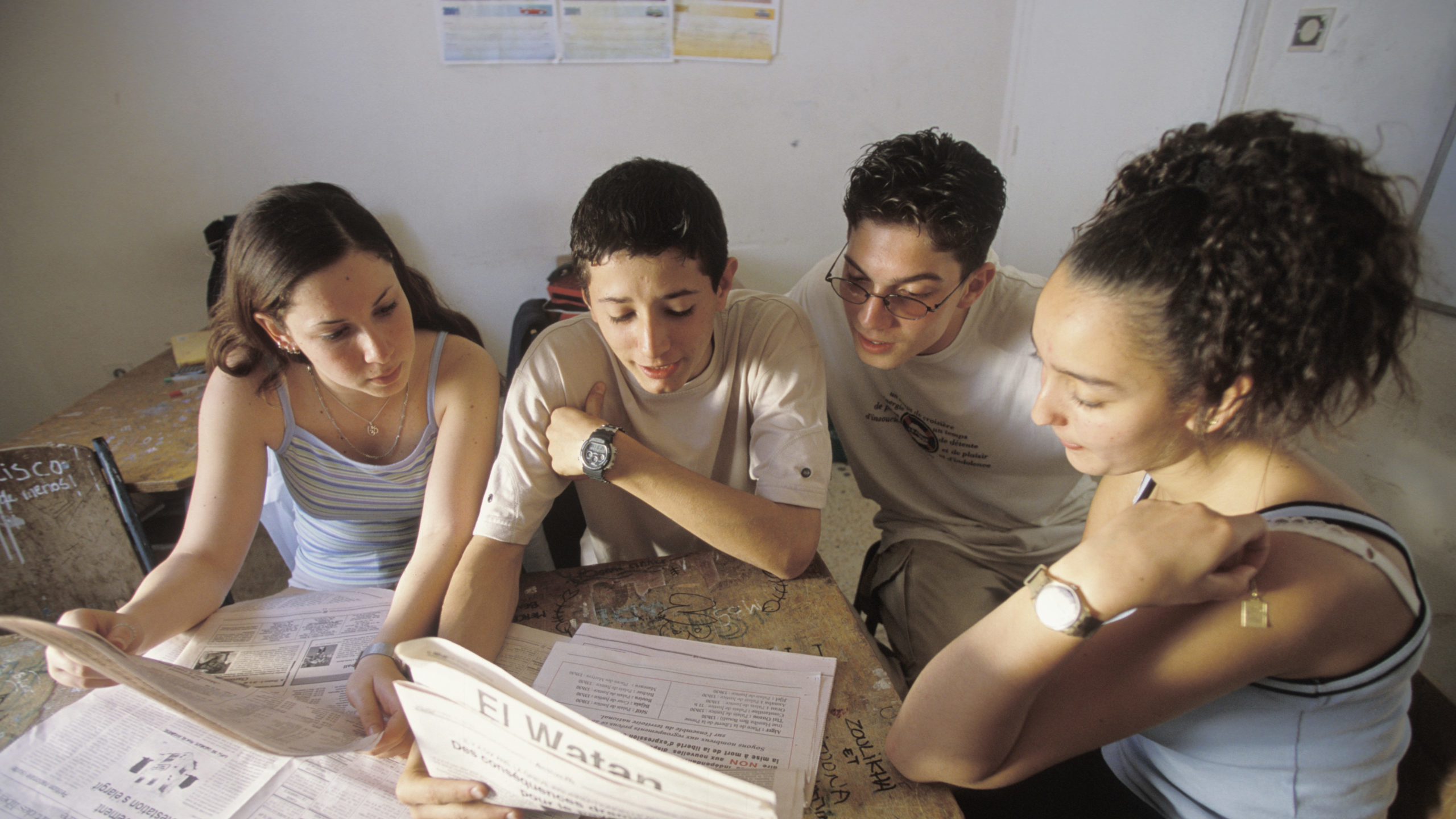resource
There is a need for critically informed studies that include children’s perspectives on the role of children in disaster contexts, given the increased incidence of disasters resulting from the global forces of climate change. Three case studies are presented from two different disaster contexts in Australia and New Zealand, where the notion of child empowerment fits within the broader political culture of liberal democracy. Each of these case studies promotes children’s right to participate, consistent with the UN Convention on the Rights of the Child (UNCRC).
In attempting to provide opportunities for children to articulate their perspective on disaster, this study recognises the manner in which the increased prevalence and scale of disasters may further complicate and distort possibilities for the actualisation of children’s participation rights. In doing so the authors recommend a theory-informed approach, including recognising the complementarity of competing theories of childhood, and advocate for children’s capacity and right to participate in decision-making which affects their lives. This article promotes these concepts while still recognising their right to safety. It also demonstrates how the use of distancing and framing provides a safe space for child involvement within disaster-related research, and provides examples of appropriate methodologies to engage children and provide opportunities for meaningful contributions. Finally, implementation partnerships are discussed as a means of embedding the research within existing supported environments.






